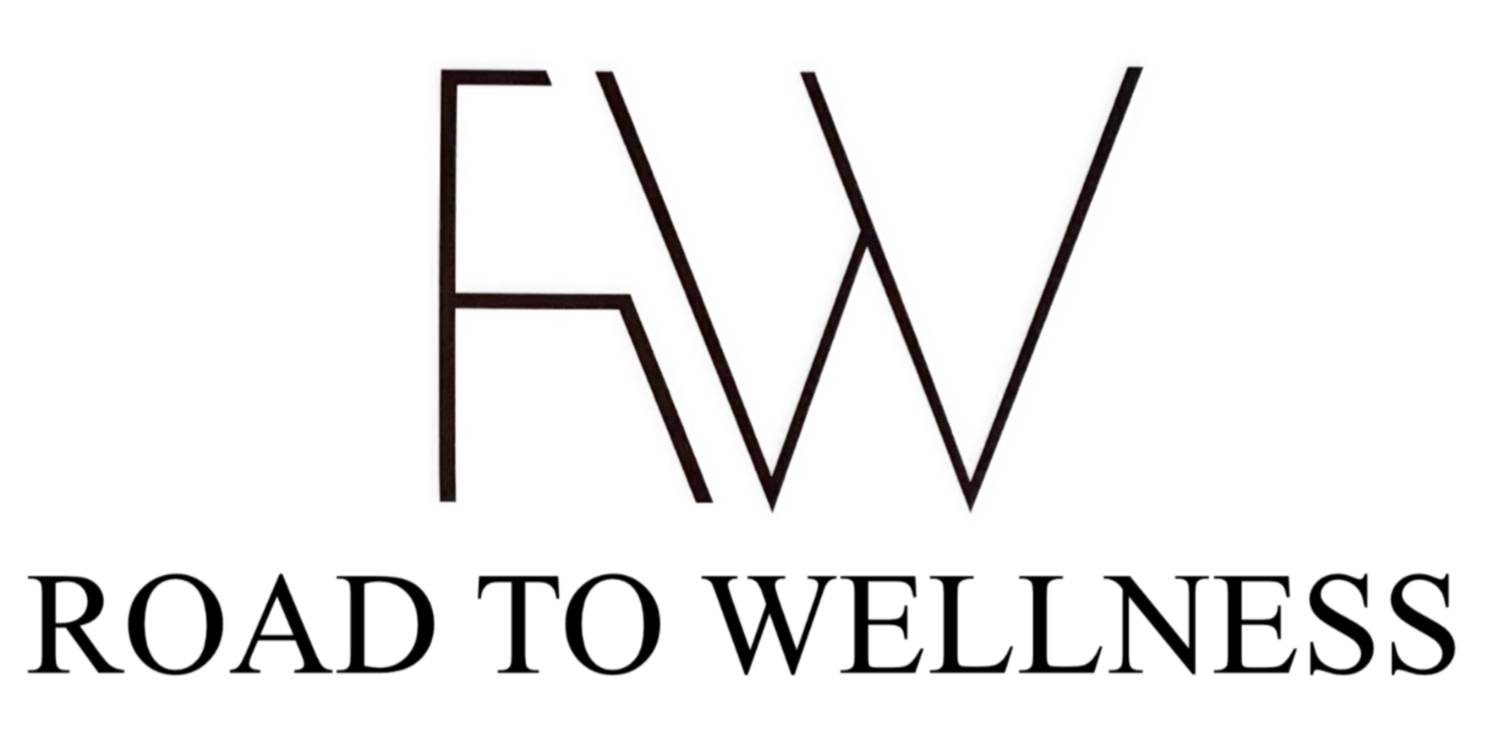Needles on the head, does it work?
Is it safe?
Most of you may wonder if scalp acupuncture is safe. My answer is: it may be the safest application of acupuncture (with the exception of infants whose fontanelles are yet to close)! Some worry that their brains will be damaged with scalp acupuncture, but don’t fret, your skull protects your brain!
Photo by Antonika Chanel
What is Scalp Acupuncture?
Chinese Scalp Acupuncture is an acupuncture method integrating traditional Chinese needling methods with modern knowledge of Western biomedical anatomy, physiology of the brain, and the representative areas of the cerebral cortex. It is done by inserting acupuncture needles into the loose areolar tissue layer of the scalp to stimulate the brain neurons of the underlying area.
Chinese Scalp Acupuncture can
‘wake-up’ the brain cells that are not dead but lacking in proper functioning,
encourage recruitment of healthy brain cells to perform the lost function,
promote a healthy reintegration of the brain and body,
and manage pain sensations.
How did Scalp Acupuncture come About?
Photo by Johannes Plenio
While acupuncture and Chinese Medicine have been around for thousands of years, the modern system of scalp acupuncture has not been explored and developed until the 1950s in China. Various famous physicians introduced Western neurophysiology into the field of acupuncture and explored correlations between the brain and the human body. Dr. Jiao Shun-fa, a neurosurgeon in Shan Xi province, combined a modern understanding of neuroanatomy and neurophysiology with traditional techniques of Chinese acupuncture to develop a radical new tool for affecting the functions of the central nervous system. At the time, scalp acupuncture was primarily used to treat paralysis and aphasia due to stroke. Since then, the techniques and applications of this science have been expanded and standardized through further research and experience. Doctors Fan Yunpeng, Zhu Ming-Qing, and several others, through their experience in treatment, further mapped out scalp areas. Their systems have become widely known and utilized by acupuncturists today.
Simply Put, Scalp Acupuncture can contribute towards
Pain Management,
Inflammation reduction,
Sensory and Motor function restoration,
Memory improvement,
digestive function restoration,
And more!
Experience scalp acupuncture at Road to Wellness and embark on your path towards an active, pain-free life!
Book An Appointment Here
Sources:
https://www.distributednews.com/358407.html
“Scalp Acupuncture.” National Aphasia Association, 9 June 2017, www.aphasia.org/site/scalp-acupuncture/.
“Neuroacupuncture and Traditional Chinese Scalp Acupuncture History.” Neuro-Acupuncture Institute, www.neuroacupunctureinstitute.org/education/history-of-scalp-acupuncture-continued.html.
WY;, He BM;Li WS;Li. “[Effect of Previous Analgesia of Scalp Acupuncture on Post-Operative Epidural Morphine Analgesia in the Patient of Intestinal Cancer].” PubMed, U.S. National Library of Medicine, pubmed.ncbi.nlm.nih.gov/17645262/.
Wang JH;Zhao M;Bao YC;Shang JF;Yan Q;Zhang ZC;Du XZ;Jiang H;Zhang WD; “[Effect of Scalp-Acupuncture Treatment on Levels of Serum High-Sensitivity C-Reactive Protein, and Pro-Inflammatory Cytokines in Patients with Acute Cerebral Infarction].” PubMed, U.S. National Library of Medicine, pubmed.ncbi.nlm.nih.gov/27141627/.
Tonya Hines. “Mayfield Brain & Spine.” Mayfield Brain & Spine, Apr. 2018, mayfieldclinic.com/pe-anatbrain.htm.
Hao, Jason Jishun, and Linda Lingzhi Hao. “Review of Clinical Applications of Scalp Acupuncture for Paralysis: an Excerpt from Chinese Scalp Acupuncture.” NCBI, Global Advances in Health and Medicine, Mar. 2012, www.ncbi.nlm.nih.gov/pmc/articles/PMC3833481/.



